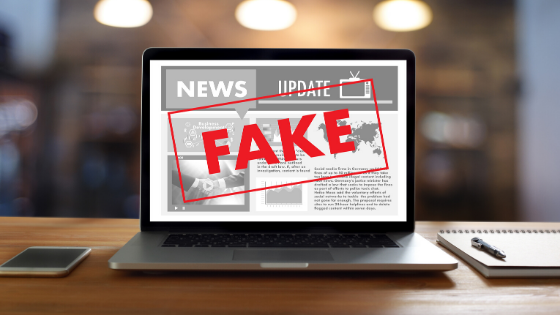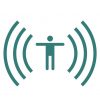
The following is a (slightly redacted) version of an email I received yesterday from an actual client:
Hey man, was just wanting to get your take on some stuff.
Today is day… 25? of social distancing? And I’m starting to really feel it. One area in which I’m really struggling is my body image. I’ve been working out / biking a lot but I’m feeling like what I’m seeing in the mirror is swinging pretty wildly day to day. My solution has been just to hop on my bike and clear my head but I’m thinking that unplanned 30KM bike rides aren’t necessarily the best or most measured way to react to “I think I look ugly.” But I have no idea what dealing with this looks like right now.
Any thoughts?
I’ve been getting different versions of this question a lot so I decided to share a (slightly redacted) version of my reply.
Hey,
Ya, that sucks. I feel bad for so many people who live alone (or wish they did) in these times. It’s one thing to be alone for a few days, but when the days turn into weeks, and with the weeks threatening to turn into months, it’s just really hard to keep your spirits up.
I’m not sure I have a perfect answer here, but I’ll take a swing.
For starters, I want to normalize what you’re feeling. I’m hearing similar things from multiple clients. More than that, I really do empathize on a personal level. I normally play basketball twice a week but I’m not sure when’s the last time I even broke a sweat! My sense is that this malaise you describe is the new normal for as long as we’re all stuck at home, and it definitely invites us down this road of negativity.
My best suggestion, I think, is for you to do your best to CBT yourself. What I mean is, I want you to notice what you’re feeling, and examine it. See if you can follow the stream to its source. Figure out exactly where it starts. Or at least do your best.
Maybe you really do need to make some lifestyle changes in order to improve your physical fitness. That’s possible. It’s also possible you’re just being too hard on yourself. For a lot of people, the ‘source’ body negativity or other forms of self-criticism is really more about loneliness or grief or fear of rejection or (fill in the blank).
By our nature, there’s a tendency to cope by blaming ourselves in some way or another. Instead of accepting the voice of self-blame and criticism, go ahead and challenge it. As I always say, it’s ok to feel how you feel. But – and this is crucial – always remember that your feelings are not necessarily an accurate reflection of reality. With this in mind, make certain your thoughts are actual thoughts and not feelings disguised as thoughts. Let’s not turn feelings into fake news.
Once you’ve done the work to understand your motivation, it will be much easier to make sense of your impulses, which in turn will help you put everything else into proper focus. For example, you’ll be able to judge whether the desire to go on a 30km ride is a healthy one (i.e. “It’s time to get some exercise and fresh air”) or a not-so-healthy one (i.e. “I’m inadequate and I need to punish myself”). You decide.
Finally, as you examine your feelings and work to put your thoughts into perspective, and as you then develop your ability to evaluate your motivation with clarity, always remember to practice self-compassion. CBT is great for what it is, but it won’t do you a bit of good unless you are willing to see yourself in a more positive light. So always remember to be kind to yourself too.
Hope that helps.
Be well!
Brad Wilton is a Registered Psychotherapist at the Delton Glebe Center in Waterloo, Ontario. Whether you need to get to the bottom of things, or just want to stay on top of them, he can help!







